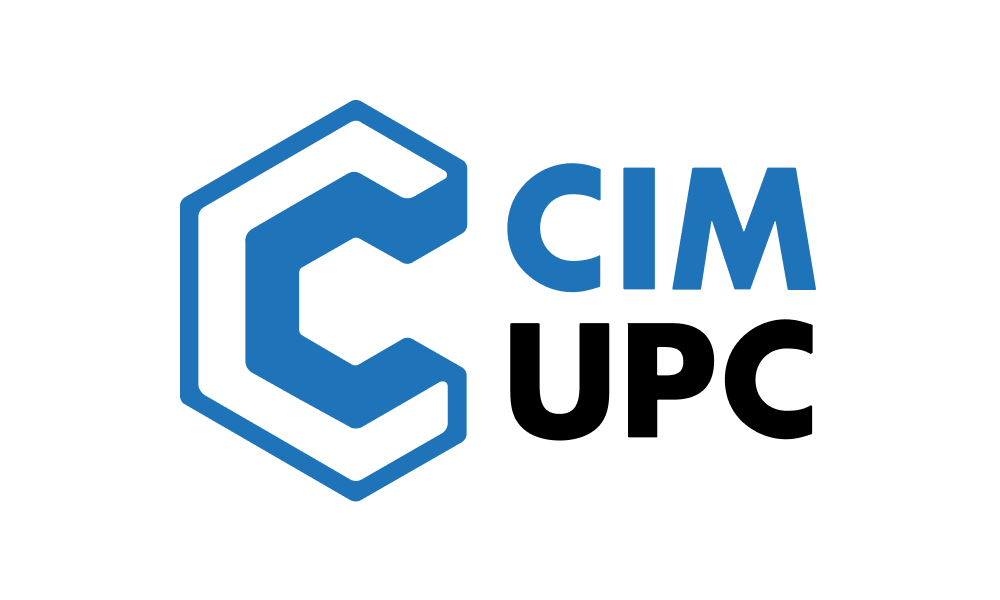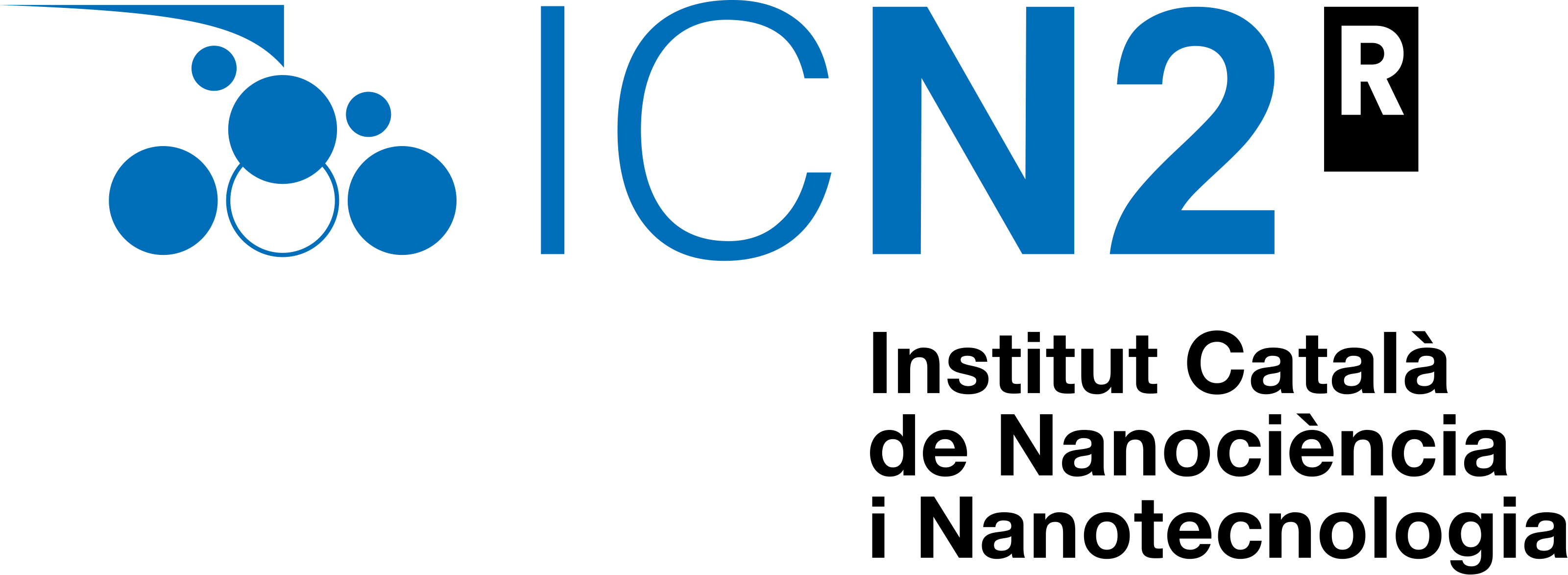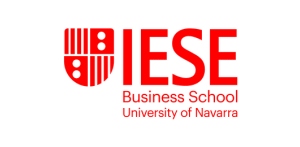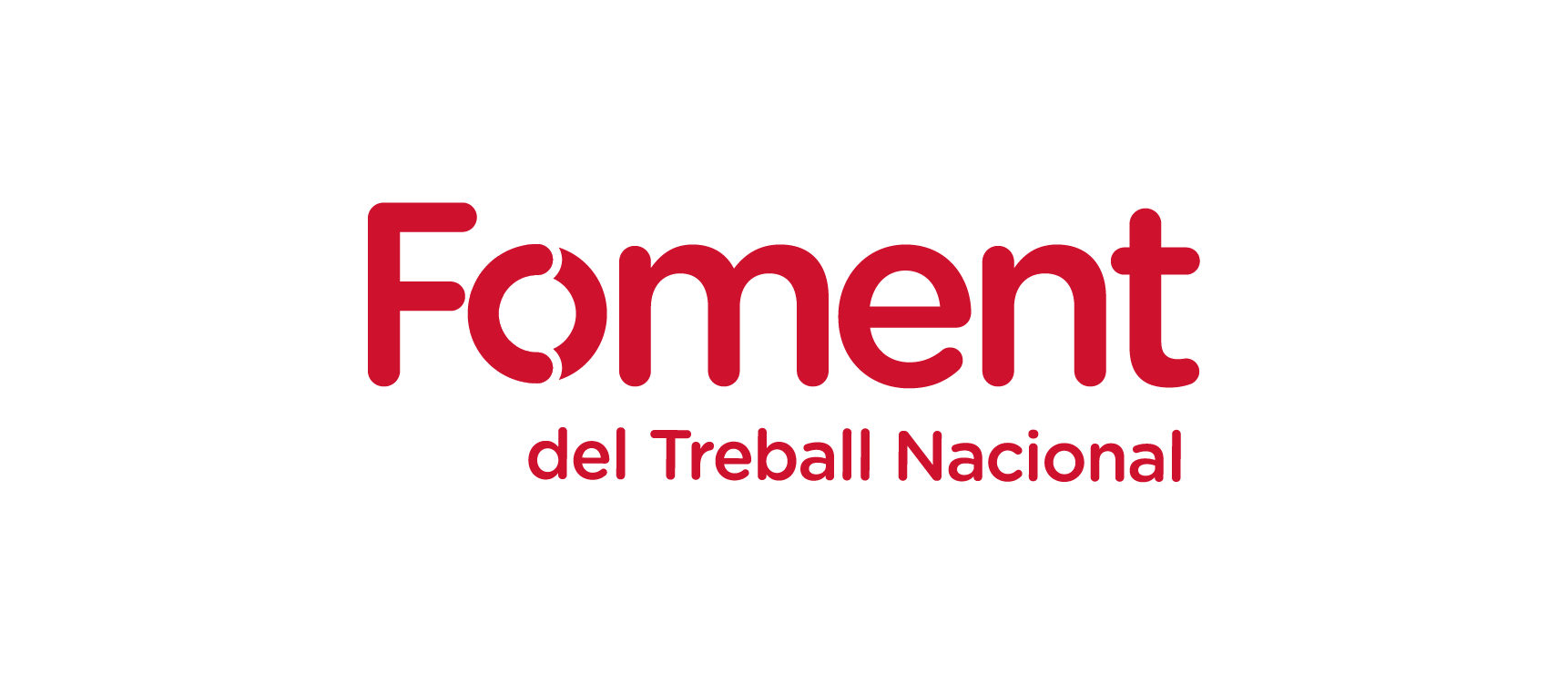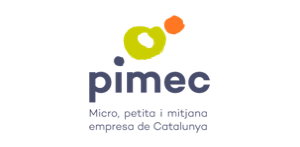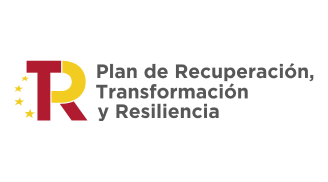Master of Continuing Education in Industry 4.0
- Transversal services
- Tuesday, 01 October 2024 Friday: 16:00 a 21:00 Saturday: 09:00 a 14:00
- 8.300€
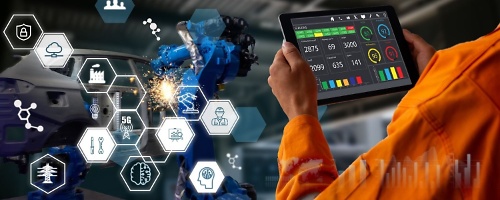
Industry 4.0 is the result of the marriage between the physical and digital worlds, a consequence of market pressure towards higher levels of flexibility and resilience, which is causing many companies to rethink their production/logistics systems and/or business models to respond to a demand for increasingly customized solutions. The fourth industrial revolution (Industry 4.0) is the hybridization of the second and the third revolution, and is based on the so-called cyber-physical systems, made possible by the Internet of Things (IoT), which allows both the digitization of physical assets for their control, and the collection of large volumes of data (big date). The relationship between the cyber and physical dimensions is explained by the virtuous circle defined by modeling and materialization.
Modeling consists of transferring objects from the physical world to the digital world. With the use of data analysis, statistics, modeling and simulation technologies, digital twins are created, with which it is possible to experiment at high speed and without physical risks, as well as to have training, coaching and operations support environments, aided by extended reality elements. This makes it possible to create a digital value chain in which virtual systems are combined with physical systems equipped with a digital interface (digital bell).
Materialization converts objects in the digital world into objects in the physical world. The control of physical objects by software objects is known as automation. Technologies such as 3D printing, embedded and sensory electronics, advanced robotics and artificial intelligence enable a new generation of connected cyber-physical systems and new agile forms of development based on both native 4.0 (greenfield) and 3.0 and earlier (brownfield) systems, the adaptation of which to 4.0 (retrofitting) is one of the tasks to be tackled.
The IT (Information Technology) and OT (Operations) worlds have in many cases lived parallel lives. The demand for cyber-physical systems makes it necessary to break down walls that have been in place for decades and make the so-called IT/*OT convergence effective. The figure of the Digital Transformation Manager (DTM), also known as digital transformation manager, is a transversal and hybrid professional profile emerging in the new organizational charts, of which Fortune magazine reports the unstoppable nature of the demand for these hybrid jobs. Low-*Code software (graphical programming with fast learning curves) facilitates access to computational thinking, modeling and reference architectures, which are the basis of the right mindset for Industry 4.0. The concept of MVP (minimum viable product) can be extended to minimum viable digital twins usable by several professional profiles in a transversal way.
The main objective of the master in Industry 4.0 is to provide sufficient technical solvency in the mentioned 4.0 technologies, together with a mindset that allows to modulate an effective discourse for an interdisciplinary leadership, including the phases of diagnosis, preparation, execution, implementation and monitoring, meeting objectives not only of profitability but also of an individual and collective qualitative leap to meet the challenges of the future.
Objectiu de l'acte
- Understand the challenges of Industry 4.0 and digital transformation processes.
- Understand when a business challenge can be formalized as a platform economics and automation 4.0 problem.
- Identify the most appropriate machine learning models and statistical and operations research techniques for a given problem.
- Use systems modeling and statistical validation tools.
- Make use of digital twins, collaborative robotics or virtual commissioning designs in industrial processes.
- Know how to prototype and create minimum viable products (MVPs) of Internet of Things (IoT) with embedded electronics and 3D printing.
- Understand the main aspects of the regulations affecting an Industry 4.0 project.
T'interessa si ets...
Profesionales de Operational Technologies que quieran aventurarse en el ámbito de la Industria 4.0 e incorporar los conocimientos necesarios de Information Technologies. Profesionales de Information Technologies que quieran aventurarse en el ámbito de la Industria 4.0 e incorporar los conocimientos necesarios de Operational Technologies. Emprendedores interesados a entrar a la Industria 4.0 e incorporar el conocimiento de Information Technologies y de Operational Technologies para este propósito. Titulados de ingeniería (informática, telecomunicaciones, industrial, agrónomos, caminos, etc.), física, matemáticas o estadística.





